Guest post by Joakim Kreutz

What effects will the outcome of the upcoming Colombian presidential elections (May 25th) have on the ongoing peace talks with the left-wing FARC guerrillas (covered before here and here and here and here)? It is of course impossible to predict, but it is notable that one of the greatest policy differences between the two front-runners in the polls — current incumbent Juan Manuel Santos and the Centro Democrático party candidate Oscar Ivan Zuluaga — are their views on the peace process. Zuluaga, who is backed by the still very popular ex-President Uribe, wants to reconsider the negotiations and proposes a harder stance against the guerrillas.
Leaving aside the specifics of Colombian politics, this brings attention to the surprising difficulty that democracies have in settling civil strife, providing a sharp contrasts to the well-recognized peace between democracies. While the likelihood that a civil war begins is lower in democratic regimes than in other states, the ability to end a conflict does not seem to follow the same pattern. Several of the most protracted civil wars registered during the last five decades are found in democratic countries, including Israel/Palestine, Colombia, India, and Northern Ireland. However, considering the “usual suspects” of conflict-aggrieving features typically correlate with authoritarianism (poverty, weak state, grievances, no alternative means to engage politically), there must be other factors that make peacemaking difficult in democracies.
In the few studies that have noted and looked at this phenomenon, the tendency has been to focus on regime characteristics that indirectly, rather than directly, may influence conflict dynamics. The first explanation blames the opposition. Groups that take up arms against a democratically elected regime, it is argued, do this because they reject such a political system (i.e., they are communists or promoting a religious-political order) which make it more difficult to reach a settlement. However, while these conflicts are difficult to settle, it is not impossible. There are multiple examples of communist/democratic peace deals, as well as settlements that address ethnic and religious cleavages.
Arguably the best approach to explore how democracy may improve conflict resolution would be by looking at the effect of democratization on ongoing civil wars (excluding the cases when democratization occurred as a consequence of the conflict/peace settlement). This reveals that since 1975 there has been only one case, the Chittagong Hills Tracts peace settlement in Bangladesh 1992, where democratization led to immediate civil war resolution. In most situations, incoming elected regimes have tried – and failed — to end ongoing rebellions with force.
Another proffered argument that has focused on military efficiency. It is suggested that democracies are prohibited from the use of severe repression and this reduces counterinsurgency efficiency leading to longer civil wars. This argument been systematically tested by Lyall (2010) who found little difference in counterinsurgency effectiveness across regimes. Also, reports of human rights atrocities by state agents (or state-sponsored militias) are certainly not exclusive to authoritarian states. Indeed, violence against civilians has been a constant feature of the Colombian conflict.
What’s left, then? Maybe there are some features of democratic rule that makes it more difficult to settle civil wars. Firstly, maybe democratic leaders do not want to end conflict. Much scholarly work has pointed out that democratic leaders should be more sensitive for the costs of war as that will create public discontent, but few have considered that offering concessions also carry political cost. To be seen as someone who “backs down” and “talks with terrorists” is rarely a successful political strategy, meaning that public opinion may disincentivize leaders from seeking an end the conflict. This is quite obviously the case in Colombia at the moment, as the Zuluaga/Uribe camp argues that the funds needed for a future reintegration of guerrillas into society will impede economic development and potentially increase taxes.
Second, maybe the institutional structures in democracies make them less able to offer concessions and implement negotiated settlements. Most democratic constitutions are designed with the deliberate intent of checks-and-balances, making it difficult for the government negotiators to offer, or accept, a compromise than involves subsequent formal decisions on multiple levels or over several years. In addition, the importance of transparency and accountability in democracies also means that it becomes more difficult to offer selective incentives – monetary or positions — for rebel elites that may convince them to commit to a peace deal. In Colombia, one of the most sensitive issues concerns what will happen with the substantial funds that FARC has acquired over the years by taxation and involvement in smuggling and drug trafficking.
Third, maybe the electoral process in democracies makes it more difficult to settle a conflict. The biggest challenge to overcome in a peace process is that the rebel side fears that the government will renege on a compromise after they demobilize. In general, the greater accountability in democracies would suggest that this commitment problem will be reduces, but the situation is different in the lead-up to elections. The rebels will be reluctant to trust an incoming administration to fulfil the negotiated terms of a settlement, which means that progress in talks are likely to be very limited as the election campaign is underway. The commitment problem will be even greater if candidates are critical of the ongoing peace process, like Zuluaga in Colombia.
As a consequence, the outcome of elections in Colombia will likely have a substantial influence on the probability of peace in one of most protracted civil wars in the contemporary world. While the peace talks already in 2013 presented agreements on contentious issues like land reform and FARC political participation, the pace slowed in 2014 and only recently concluded the issue about how to address illicit drug production. Many outstanding issues on the agenda are more complex – including victims of the conflict and an eventual demobilization of guerrillas – and will involve representatives of the soon-to-be-elected administration. As the President then will be entering a new four year term in office, the rebels will be more confident that any settlements made also will be implemented. The question, though, is whether the President wants to talk at all.
Joakim Kreutz is a Research Fellow at the Swedish Institute for International Affairs and Assistant Professor at Uppsala University, Sweden. His research interests include civil war termination and the sources of violence in post-conflict societies.

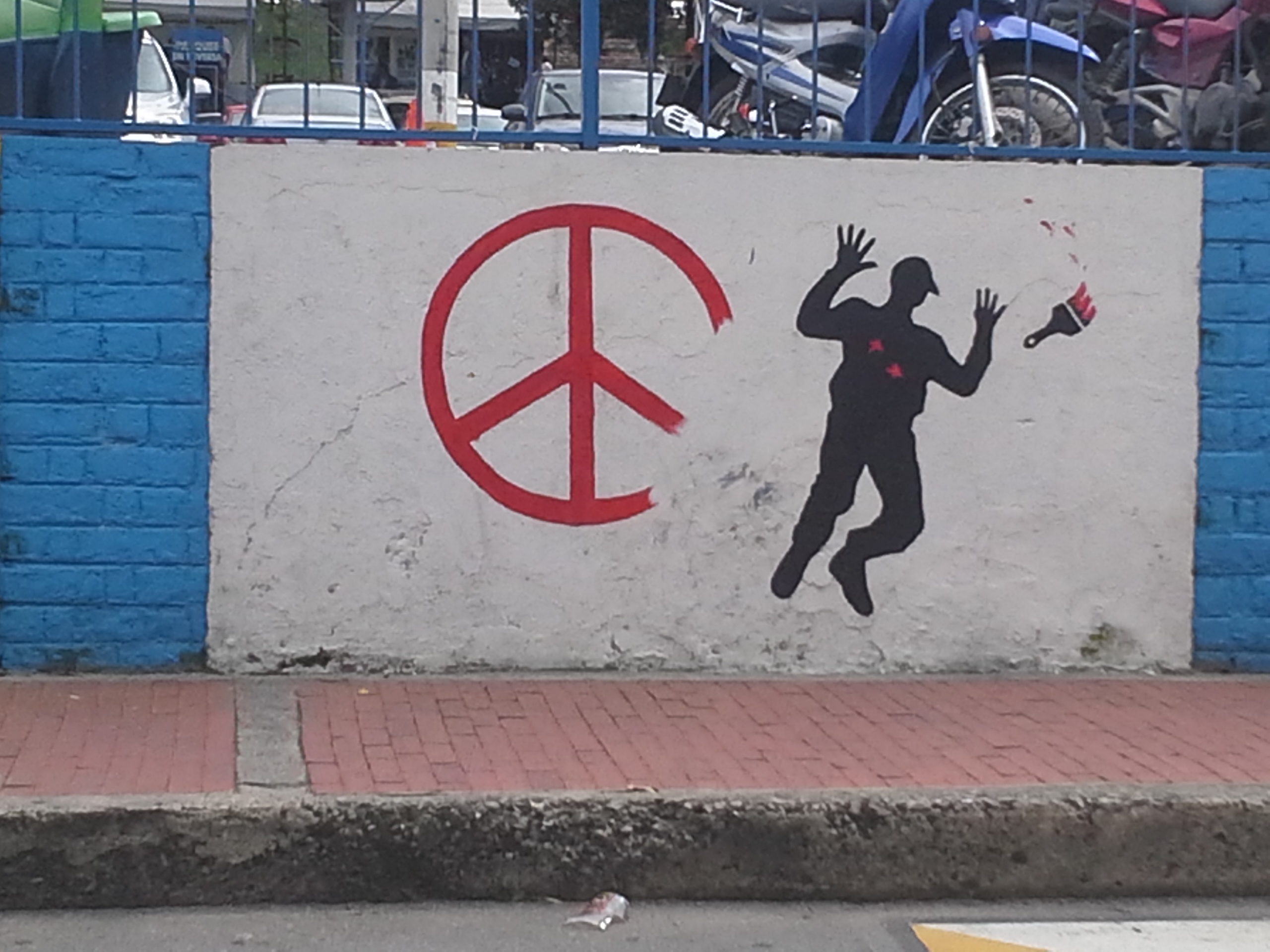
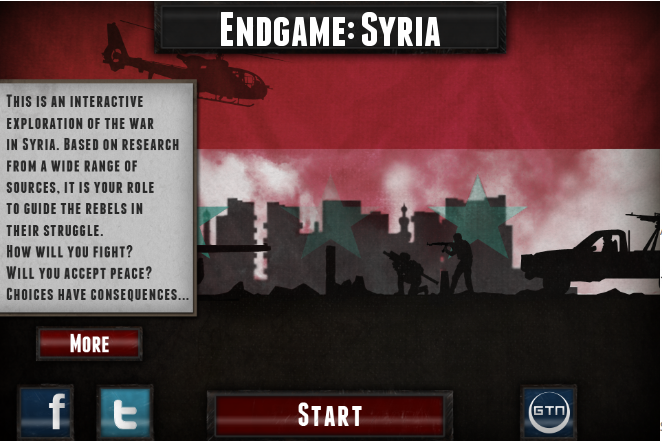
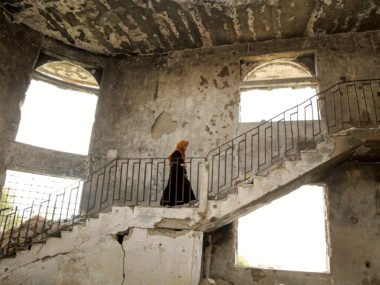
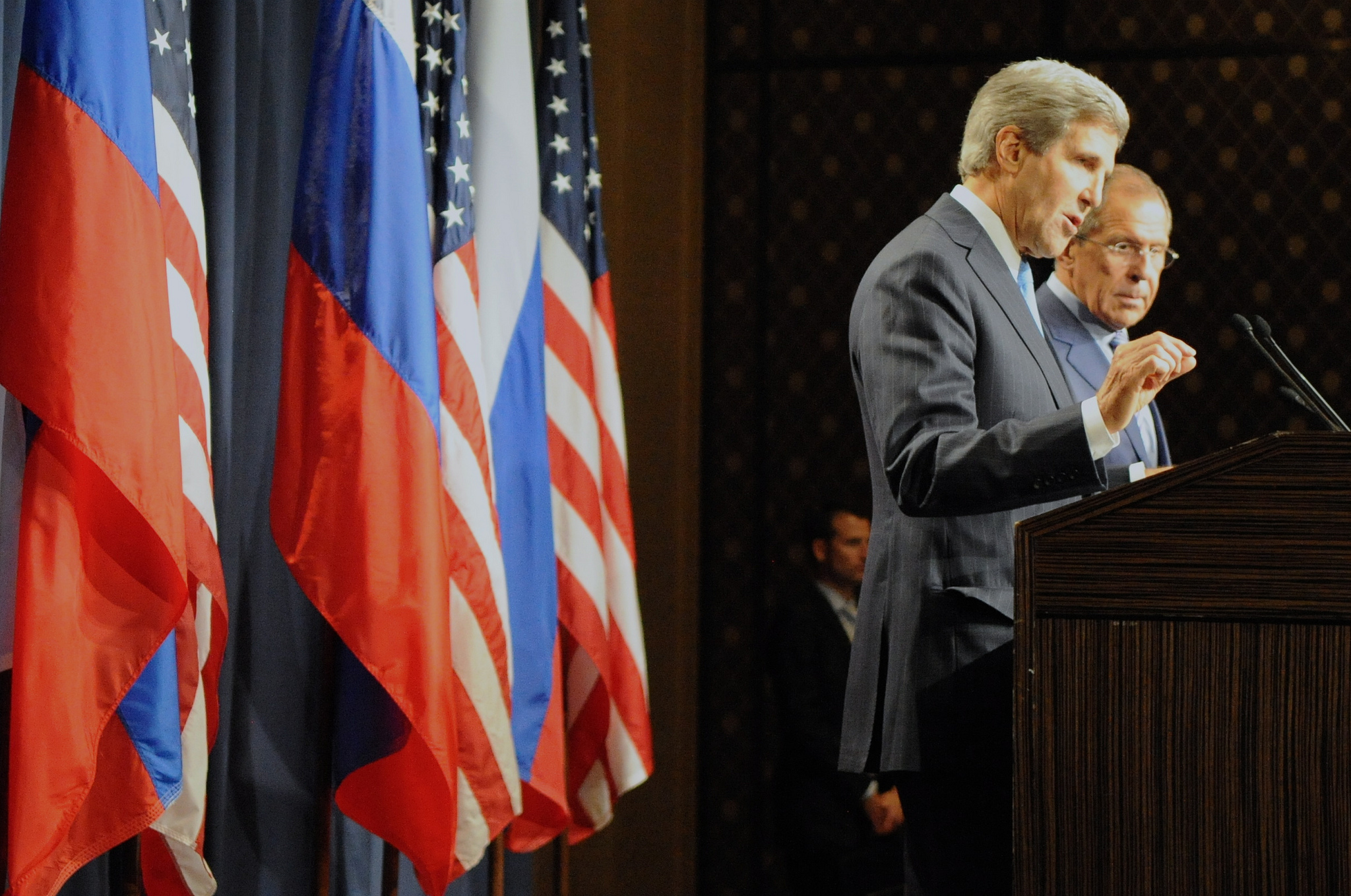
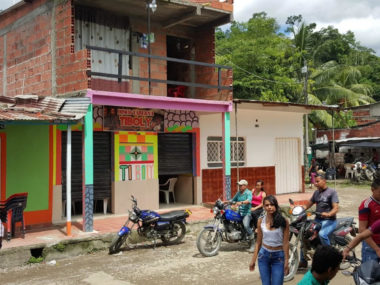

3 comments
I have an ISQ piece (2012) that might help shed some light on this. My argument for the commitment side of things is a lot like what you discuss – it’s hard for democracies to commit because leadership is likely to change (inter alia). I also talk about information a bit, arguing that it’s harder for dems to find a reservation point and update policy if one is found. Empirics go a bit beyond a simple democracy indicator, trying to uncover some of the mechanisms within regimes that influence civil war duration. Might be worth a read.
Please don’t take this to mean complete disagreement with the argument, but I think there might be some points to reexamine (though Clayton’s comment is a possible good point to look at).
The first is that since there are so few civil wars in democracies, that also means that there are only a few civil wars in democracies to look at for data. And it’s not as though of all the civil wars to start in relatively democratic nations, all have gone on for an extended period of time. The Finnish Civil War was one year in length, while the American was four. It may very well be that, relatively speaking, civil wars are more likely to endure in democracies than dictatorships when civil wars occur at all, but I don’t think that has been demonstrated yet.
On the dangers of peace deals, authoritarian leaders may actually face more serious threats if they agree to a peace deal with the opposition. Simply because the system is authoritarian does not mean that there are not dangers for a leader making a deal with a hated group of enemies. Coup, assassination, loss of power and other problems may manifest that in a democracy would be manifested in far more peaceful terms with less for the leader to lose.
Of course it could be argued that anyone who has power in an authoritarian setting is given far more power and is far more politically capable of staring down potential spoilers, but that is not always the case (such as Marcos in the Philippines). So perhaps a further question to ask is, out of all the peace deals brokered between dictatorships and rebels, how many have endured for more than a short period of time?
On the issue of transparency and accountability, there might be some weight to that. I’m earnestly not sure because at least two of the long runners mentioned, Israel and India seem to be much less hindered by that sort of thing than Northern Ireland and Colombia today. It may vary on the specific strength accountability and transparency have in the specific society.
I will say that there does seem to be strength in the argument that the shifting power inherent in a democracy could be a hindrance in negotiations.